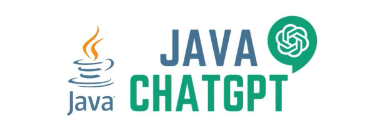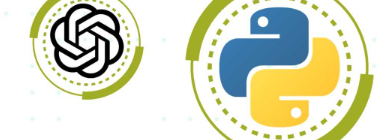Top 5 highlights of newly-introduced Income Tax Bill 2025 in Lok Sabha Read our story to know the major highlights of this bill
Finance Minister Nirmala Sitharaman introduced the Income Tax Bill 2025 in the Lok Sabha today. The new bill will replace the current Income Tax Act, 1961, and will become effective from April 1, 2026, i.e., from FY 2026-27. The new Income Tax Bill has come after the review of the current Income Tax Act which was announced in July 2024.Here are highlights of the new Income Tax Bill, 2025:
Removal of obsolete provisions
The new Income Tax Bill has proposed to remove more than 300 obsolete and redundant laws. Some of the examples are Section 80CCA (deduction for investment in National Saving Scheme), Section 80CCF (deduction for investment in long-term infrastructure bond), etc.Also read | Income Tax Dept releases FAQs on new Income Tax Bill, 2025
Tax year instead of previous year and assessment year
The new Income Tax Bill has introduced the concept of tax year that will replace the concept of previous year and assessment year. According to FAQs introduced by the Income Tax Department, “Use of the terms ‘previous year’ and ‘assessment year’ were creating confusion in the minds of the taxpayers as they represented two different financial years. The rationale for use of two terms is no longer valid in view of alignment of ‘previous year’ with the financial year or part of the financial year (in specific cases). The term ‘Tax year’ is commonly used in income tax legislation in comparable tax jurisdictions.”Also read | 10 takeaways in new Income Tax Bill for taxpayers
Change in structure of Income Tax Act
The new Income Tax Bill has followed a structured approach in drafting the bill. The new Income Tax Bill does not contain any provisio or explanations which are scattered at different places in the Income Tax Act. Instead, it contains sub-sections, clauses and sub-clauses in one place. This provides an easier reading of the new tax Bill.
Made new tax Bill more comprehensive
There has been a significant reduction in the text of the new Bill, in comparison to the existing Income Tax Act. The current Income Tax Act has 47 Chapters, contains 819 effective sections and 5.12 lakhs words. Besides, about 1200 provisio and 900 explanations have been removed. On the other hand, the new Income Tax Bill will have 23 chapters, 536 sections and 2.60 lakh words.
No major change in tax laws
To provide certainty to taxpayers, the new Income Tax Bill has not made any major changes in the tax laws. This includes no change in the income tax slabs, income tax rates, income tax return filing deadlines and other tax laws. According to the Income Tax Department, “The simplification exercise encompasses certain aspects:i. Redundant provisions of the Income tax Act have been removed;
ii. Sub-sections and clauses have been used, instead of relying on provisos and explanations for exceptions and carve-outs;
iii. Simplified system for cross referencing of sections, sub-sections, clauses etc has been used;
iv. Extensive use of tables, formulae for enhanced clarity;
v. Consolidation of provisions scattered across various sections/ Chapters relating to a single issue; etc.”
This story originally appeared on: India Times - Author:Faqs of Insurances


























































